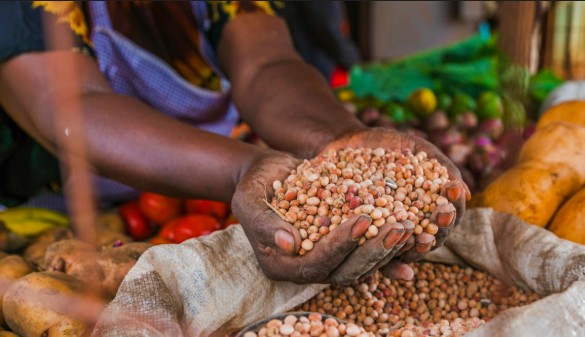Climate Change Threatens Global Food Security

By the end of the century, most countries will experience a significant drop in agricultural yields due to global warming, threatening food security, particularly in Africa.
According to the latest projections from the United Nations, over 90% of the world’s countries are expected to see declines in agricultural yields by the end of the century. Even in the most optimistic climate scenarios, and despite adaptation efforts in the agricultural sector, the trend remains concerning.
These figures, published on Wednesday by the United Nations Development Programme (UNDP), are based on an analysis of 19,000 regions across 176 countries. They show that climate change is threatening agricultural productivity and, consequently, the well-being of populations worldwide.
Regardless of the scenario, the results are consistent: each additional degree of warming is expected to lead to an average decrease of 4.4% in the annual global production of major food crops, relative to current needs.
The data reveals that major wheat-producing regions, as well as countries with fragile or technologically limited economies, will be the hardest hit by declining yields. In the United States, the world’s largest corn producer, some areas could see their production fall by a third by mid-century, threatening the “corn belt” unless significant adaptation measures are implemented. In sub-Saharan Africa and Asia, vulnerability is exacerbated by resource scarcity, with countries like Burkina Faso potentially losing up to 46% of their yields by 2050. Wheat and soybean crops are also at risk, with potential declines of up to 40%, which would drive up food prices and destabilize trade and global stability.
In Africa, the situation is particularly dire. Agriculture, which sustains a large portion of the population and represents a significant share of many countries’ GDP, is highly dependent on climatic conditions and seasonal rainfall. Droughts, soil degradation, and water scarcity are threatening to worsen food insecurity and exacerbate regional inequalities. Without massive investments in irrigation, agricultural technologies, and rural infrastructure, the continent could see its food security permanently compromised, with severe social and economic consequences.

